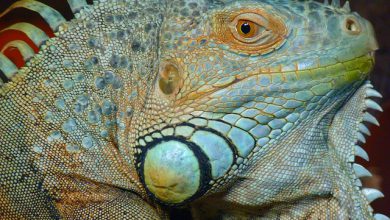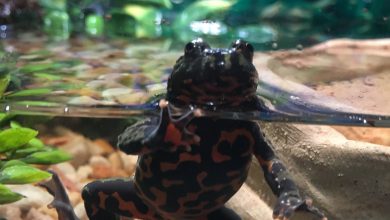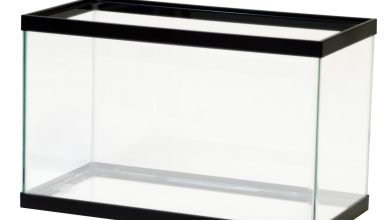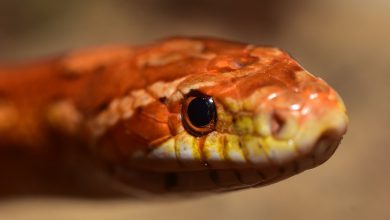8 Things You Need to Know about Caring for an Elderly Reptile – The Tye-Dyed Iguana
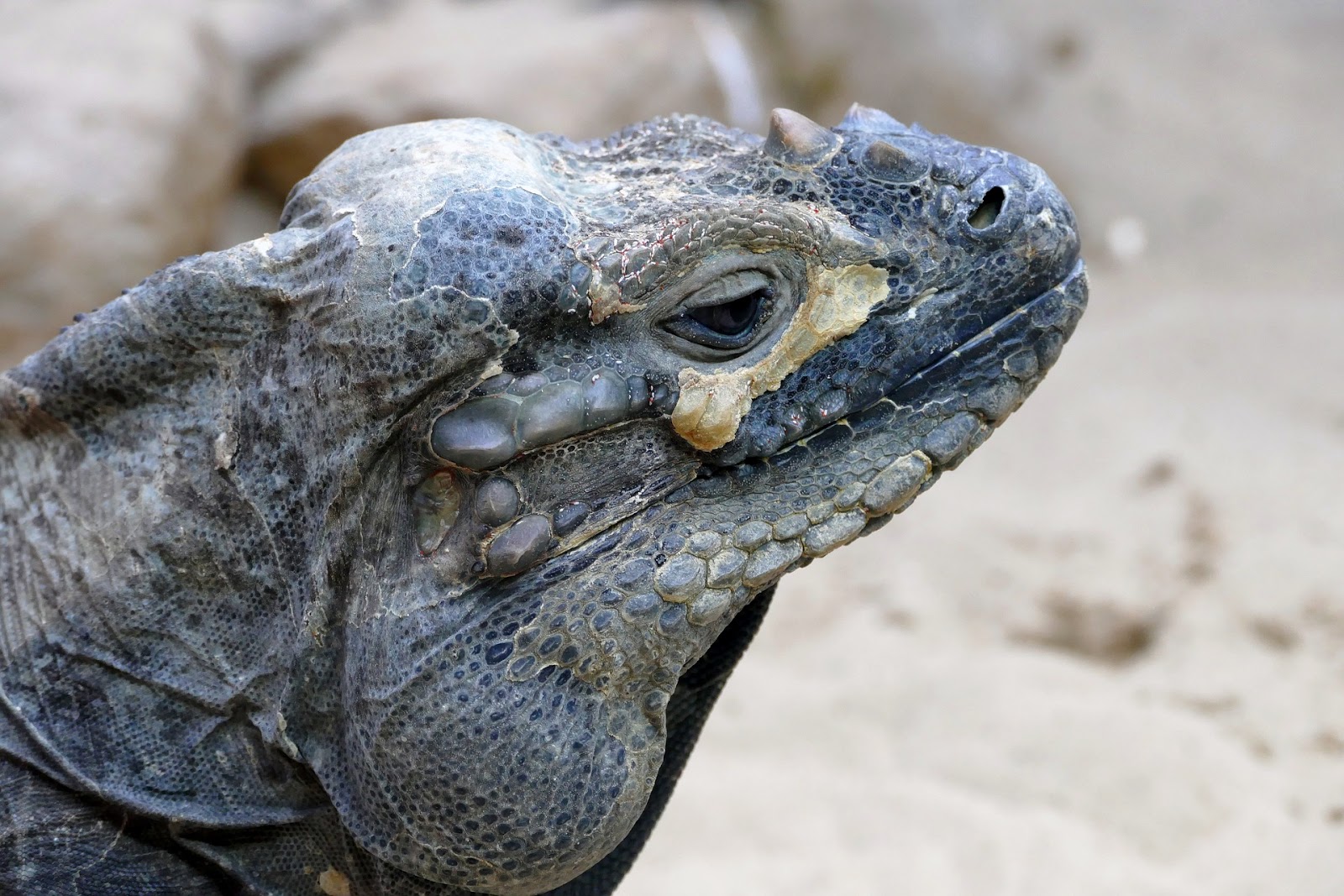
Noticing that your pet isnât as young as they once were, and wondering what you need to know about taking care of an aging exotic pet?
No worries. There are only a few simple changes typically needed when reptiles reach advanced age.
Here are the top things you should know about caring for an elderly reptileâ¦
You canât tell your reptileâs age just by looking
Unlike mammals, reptiles donât really show many observable signs of aging. Their color doesnât fade. And their reflexes can remain as fast as ever into old age.
You can look for a few signs, however, including:
- Decreased breeding activities, such as egg laying.
- Increased susceptibility to fractures, especially in larger species like iguanas.
- Increased time spent basking.
- Weight loss and sunken eyes in lizards and turtles.
You need to check the accessibility of their basking spot
As any animal ages, it can be susceptible to joint pain and reduced mobility, and reptiles are no exception. Because basking is so important to the health of lizards and snakes, youâll want to make sure they can reach the basking area as needed.
For arboreal lizards, this may mean elevating their basking spot.
Falls are more important to watch out for
Preventing falls is an important part of elderly reptile care. As mentioned, their bones are not as strong as they once were. Fall prevention includes never allowing your pet to drop or jump from your arms when being carried.
You can also replace narrower climbing branches with climbing surfaces that are at least as wide as the animalâs body. Like this climbing rock, or this one.
It helps to pay attention to overall enclosure accessibility
Any area that your pet needs to get in and out of regularly should be made as easy to access as possible. That can include hides, climbing surfaces, basking areas, and for semiaquatic turtles, flat areas for getting in and out of the water.
You can decrease territorial stress with age consideration
For male lizards that are past breeding age, you can reduce their stress levels by keeping them away from areas where breeding males of their species are located. Territorial breeding displays are used to intimidate other males. And your elderly lizard can be stressed by having to continually watch these displays put on by younger male lizards.
Eating can become difficult for them
You may need to change your reptileâs diet with age. For snakes, some large prey animals may become difficult to digest, and they are more prone to regurgitating their food. The best way to prevent regurgitation is to keep enclosure temperatures comfortable and stable, and feed your snake two small mice instead of one bigger mouse, or increase their feeding intervals with smaller mice.
The same goes for species that do not eat mice. You may need to space out their meals into smaller portions to aid their digestion. For tortoises, tearing their food into smaller pieces for them can be helpful.
Each reptile ages as an individual
Aging affects individuals differently. The best thing you can do is be observant and watch for any behavioral changes in your pet. Then, adjust their schedule and environment as needed in order to keep them healthy and comfortable.
Some individuals never show their age
In some cases, your reptile will continue eating heartily and moving at normal speeds right up until the end.
Follow us on Instagram for more tips on taking care of exotic pets at all ages.
